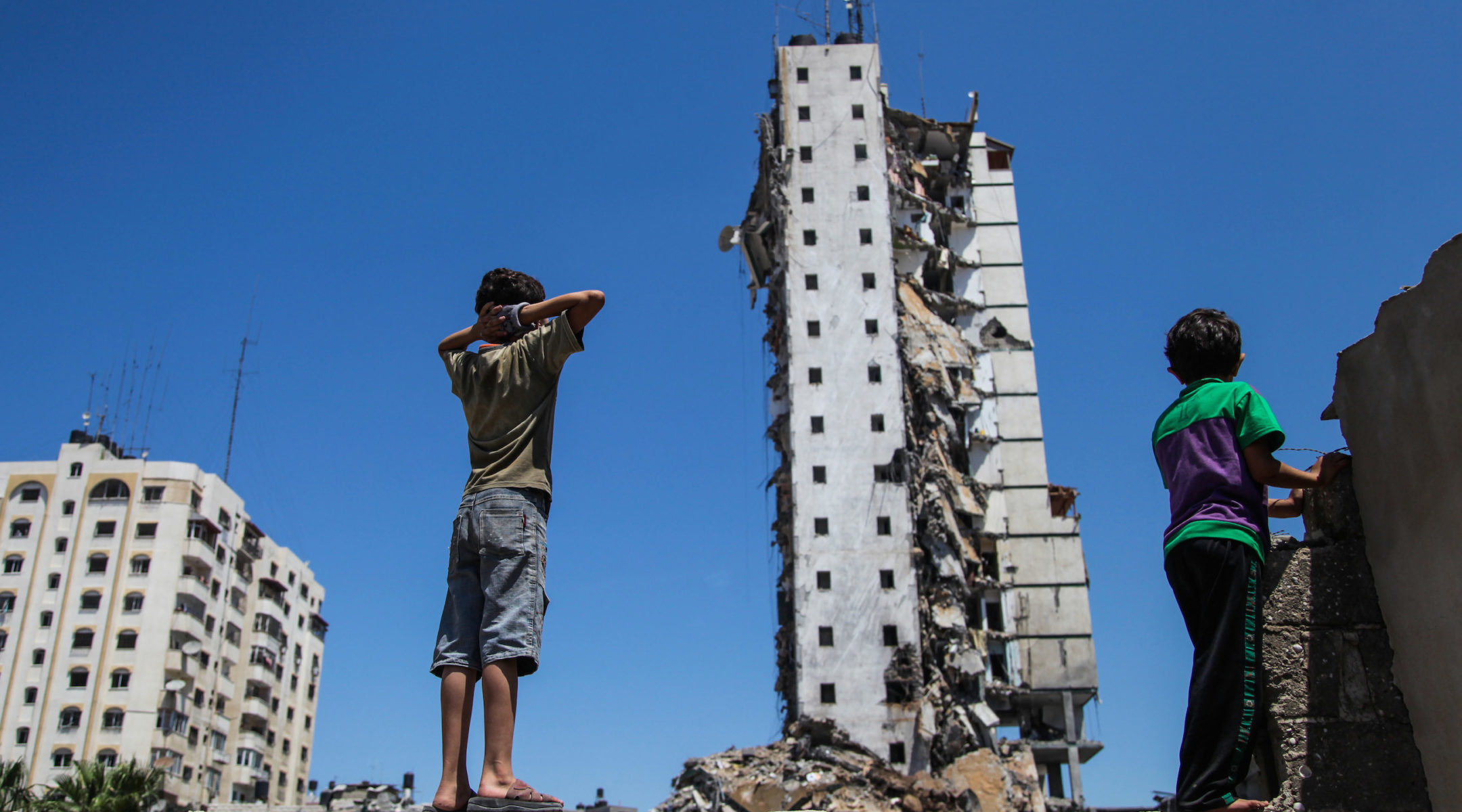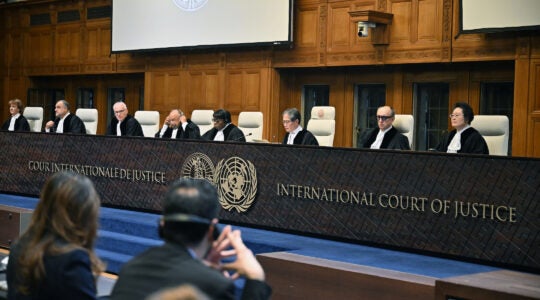JERUSALEM (JTA) — The editor of The Lancet said in Israel that he “deeply regrets” the divisiveness caused by the open letter published in the British medical journal accusing Israel of a “massacre” in Gaza.
Dr. Richard Horton in a statement Thursday at the Rambam Medical Center in Haifa said that he “deeply, deeply regrets the completely unnecessary polarization” caused by the letter published in July to the people of Gaza during this summer’s conflict in the coastal strip between Israel and Hamas. Several dozen physicians from the West signed the letter, which also accused Israel of “cruel” and “vicious war crimes.” Physicians, researchers and Israeli officials decried the letter.
NGO Monitor, a Jerusalem-based research institute that monitors nongovernmental organizations, last week unearthed evidence tying two of the letters’ authors to support for David Duke, who circulated a video supporting the white supremacist.
Horton also said he was “personally horrified at the offensive video that was forwarded by two of the authors of that letter. The worldview expressed in that video is abhorrent and must be condemned, and I condemn it.”
After a round of applause, he continued, “I will be publishing what I have just said in The Lancet next week.” Horton did not say specifically that he would retract the letter.
In his statement at Rambam, which he also visited earlier in the week, Horton condemned contributors to The Lancet who promote explicitly anti-Semitic materials, expressed a new understanding of Israeli realities including the complexities of the Arab-Israel conflict, and pledged a new relationship with Israel.
He called the incident “a turning point in my relationship with Israel” and said that his visit was “a fresh start for a different future.”
Horton also invited Israelis to “tell the Israeli health story” in The Lancet in parallel to the Palestinians.
Following his remarks, NGO Monitor said in a statement that it was “urgent that the letter be removed from The Lancet’s website and a formal retraction and apology be published prominently, both on the website and the next hard copy issue.”
JTA has documented Jewish history in real-time for over a century. Keep our journalism strong by joining us in supporting independent, award-winning reporting.






